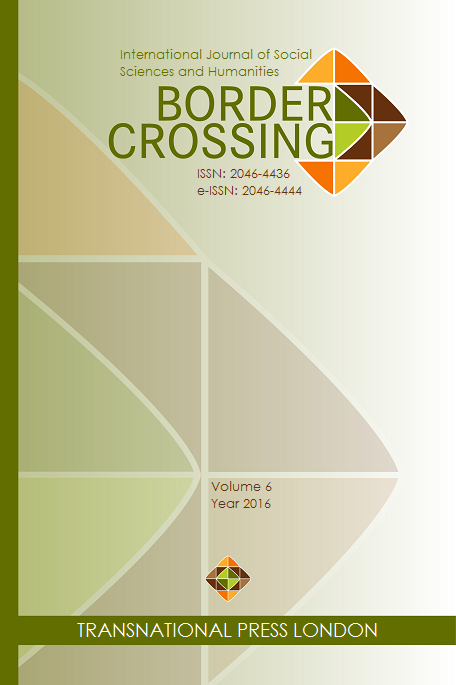Are Ethnic Entrepreneurs Social Innovators? Turkish Migrant Entrepreneurs in Salzburg
Are Ethnic Entrepreneurs Social Innovators? Turkish Migrant Entrepreneurs in Salzburg
Author(s): Heiko BernerSubject(s): Politics / Political Sciences, Social Sciences, Economy, Business Economy / Management, Sociology of the arts, business, education, Migration Studies, Financial Markets, Ethnic Minorities Studies, Socio-Economic Research
Published by: Transnational Press London
Keywords: migration; Austria; migrant entrepreneurship; migrant business; Turkish entrepreneurs;
Summary/Abstract: Social innovations are targeted measures that are capable to resolve social problems (Rammert 2010) and they are directed towards an improvement of the situation (Gillwald 2000). Finally, they are directed towards an amelioration of the situation (Gillwald 2000). In Austria it is argued that ethnic business represents a type of social innovation (Haberfellner 2000). The question the paper addresses is if and to what extent ethnic business goes hand in hand with social developments and possibly boosts social change. Entrepreneurs of Turkish origin in Salzburg are the focus of analysis. The paper starts with a definition of the term ‘social innovation’ (1), the issues of ethnic vs. migrant business (2.), followed by the description of the labour market situation of Turkish migrants in Salzburg and discrimination in the labour market (3.), and, to to round up, the analysis of biographic interviews with Turkish entrepreneurs in Salzburg (4.). The preliminary results show that there exist social problems such as the lower socio-economic situation of Turkish migrants in Salzburg and discrimination in the labour market. These problems can be seen as basis for the need of social innovations. But nevertheless Turkish run ethnic businesses in a strict sense of the word are no social innovation because they do not act against the problems in an intended way; they rather work on their own account. They may overcome disadvantages on the labour market but their actions are not directed towards overcoming the problem per se. It is much rather a transintentional aspect (Schimank 2010), which goes beyond the economic interest of the actors.
Journal: Border Crossing
- Issue Year: 6/2016
- Issue No: 2
- Page Range: 363-371
- Page Count: 9
- Language: English

